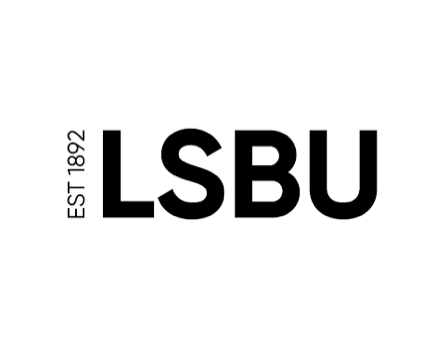The need for social justice is now apparent in the face of the COVID-19 pandemic.
Through the design of ad-hoc testing protocols, movement orders, travel restrictions and healthcare measures, leaders and policymakers shed light on the numerous moving parts to pandemic management.
These dynamic aspects are tied together by the principles of social justice and global responsibility, which guide critical research at the London South Bank University (LSBU) Centre for Social Justice and Global Responsibility.
Part of the School of Law & Social Sciences, this centre examines the sources, nature, and impact of social injustice around the world. The results of this examination guide decision-making in times of crisis, as nations face unprecedented questions of ethics and equality.
A focal point for public and policy engagement
LSBU’s Centre for Social Justice and Global Responsibility considers social justice within the contexts of social, legal and political responses, providing a focal point for critical engagement at all levels.
These themes are pervasive across all of the divisions and courses in the School of Law and Social Sciences. It is also evidenced in a number of specific modules that serve as a moral compass to graduates in times of crises like today.
Social justice insights inform us how societies are influenced by race, gender and socioeconomic identity.
For example, social distancing measures to #FlattenTheCurve highlight the sheer disparity between the privileged and the poor. This forces us to objectively examine our position in society and act responsibly to help the less fortunate.
That growing sense of global responsibility is what converts epidemiological observations into public conversation and action. Scientists cannot bear the torch of public education alone; that’s why social scientists and academicians undertake critical evaluations that translate scientific evidence, for example, into shareable campaigns in the press and social media.
As a result, humanity now knows the ways to prevent the transmission of COVID-19. Citizens of the world have better hygiene habits. On a larger scale, governments work to improve their emergency response plans and healthcare systems.
Key faculty research explores social justice and global responsibility
In fact, this pandemic has displayed how the work carried out at the Centre for Social Justice and Global Responsibility is important in shaping public opinion and action.
The research at this Centre builds upon key themes of criminal justice, disability, education, sustainability, and identity are explored by a diverse group of scholars.

LSBU
Take Dr Katie Donnington from the Division of Social Sciences, for example, whose research moves between Britain and Jamaica. She critically assesses the role of family in the establishment, maintenance, expansion and defence of Britain’s commercial interest in slavery.
Then there’s Dr Clara Eroukhmanoff, Course Director for the International Relations Degree. Her fascinating body of work sits at the intersection of critical security studies, US foreign policy and feminist writing.
Remember “Je suis Charlie” and “One Love”? Dr Eroukhmanoff studies the visual responses of such social media solidarity in the context of emotional narratives.
The research of Dr Daniela Lai is equally intriguing within the international relations sphere. Through an investigation of justice, war, and economy, she contributes to pertinent socioeconomic debates on transitional and transformative justice.
Let’s not forget the prolific Professor Gaim Kibreab, Research Professor and Course Director for the MSc Refugee Studies course, and his contributions to migration studies.
Dr Kibreab is a recognised authority on refugees and displacement, whose research sheds light on how global events drive people out of their homelands — and the role of social justice within this ecosystem.
All these LSBU academics have recently published books that have been externally confirmed as world-leading publications.

LSBU
In line with global sustainable development goals
The truth is, social justice and global responsibility studies prepare graduates for more than a career.
With keen insight into the inner workings of the world, these graduates go on to land roles in governments, NGOs and academia. Here, they advise policymakers and lead opinion and action on matters that affect us all.
Cognizant of this influence, LSBU’s Centre for Social Justice and Global Responsibility aligns its objectives with the United Nations Sustainable Development Goals that form the world’s agenda for the future.
Quality education (Goal #4) is delivered through the university’s Education and Social Sciences Divisions. Additionally, the Urban, Environmental and Leisure Division promotes sustainable cities and communities (Goal #11).
LSBU contributes to the conversation surrounding gender inequality (Goal #10) through ongoing study and equity practices across the University. It also promotes peace, justice and strong institutions (Goal #16) through the Law Division.
After all, social justice is all about using knowledge and power to positively influence and uplift communities — and that’s just what you’ll learn to do when you enrol in LSBU.
Follow London South Bank University on Facebook, Twitter, Instagram, and YouTube.
Liked this? Then you’ll love…
How social scientists are shaping the future of the world
LSBU: Social science degrees that prime graduates for career success











